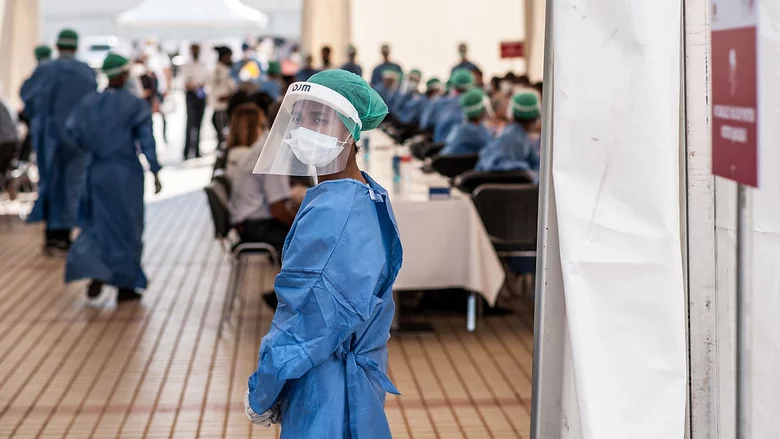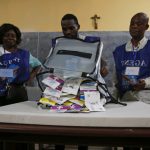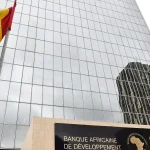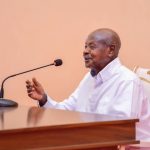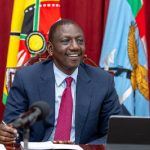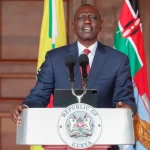The Pandemic Fund’s Governing Board approved a grant envelope of $500 million for its second round of funding to help low- and middle-income countries scale up efforts to better prepare for future pandemics. Interested eligible countries, Regional Entities, and Implementing Entities are invited to submit proposals through an online portal starting in late February through May 17, 2024.
In recognition of the high demand for funding under the first Call—considered a pilot Call, the second Call for Proposals will have a larger funding envelope and will again prioritize high-impact investments at national and regional level in early warning and disease surveillance systems, laboratory systems, and strengthening human resources and public health and community workforce capacity. Particular attention will be paid to community and civil society engagement, gender equity, and other broader equity considerations as cross-cutting areas of focus in proposal development and implementation.
The Pandemic Fund—a multi-stakeholder partnership—provides a dedicated stream of additional, long-term grant financing to strengthen critical pandemic prevention, preparedness, and response (PPR) capacities and capabilities in low- and middle-income countries. It has mobilized $2 billion to date from 24 sovereign contributors and three philanthropies. The Fund is a collaborative effort between governments, the World Bank, the World Health Organization (WHO), other UN agencies, multilateral development banks (MDBs), global health initiatives, philanthropies, and civil society organizations. The Fund’s governance is inclusive, with balanced representation from the Global North and the Global South, and with governments, philanthropies, and civil society organizations as voting members.

“What the Pandemic Fund achieved in its first year is truly impressive, but we must not slow down – this is exactly the moment to scale up efforts with even more determination. The $500 million envelope for the second Call will certainly make a noticeable impact, but we cannot lose sight of long-term financing needs,” said Pandemic Fund Board co-Chairs, Dr. Chatib Basri, former Minister of Finance of Indonesia and Dr. Sabin Nsanzimana, Minister of Health, Rwanda. “We saw from the first Call that there is a tremendous need. Despite multiple overlapping crises that countries face, pandemic prevention, preparedness, and response remains a key priority around the world.”
Earlier this year the Pandemic Fund allocated its first round of grants after receiving 179 applications for over $2.5 billion in requests from 133 countries. Grants worth $338 million, mobilizing an additional $2 billion, were awarded to 19 applicants covering 37 countries across six region

“After seeing an unprecedented demand for grant financing from countries in the first Call for proposals—which was eight times oversubscribed—I am pleased that we were able to move forward so quickly with our launch of the second Call,” said Priya Basu, Executive Head of the Pandemic Fund. “At the same time, we have made sure that speed has not compromised the quality of our work— lessons learned to date have been incorporated into the design of the second round, with the goal of maximizing the impact of our funding.”
The online application portal will open in late February and close on May 17, 2023. Any country that is eligible to receive funding from IBRD and/or IDA is eligible, in principle, to receive funding from the Pandemic Fund.
Unsuccessful applicants who submitted proposals in the first round are encouraged to re-apply in the second round, using the feedback they received. The exact date of funding allocation will be decided by the Governing Board in June; however, the announcement will be made no later than October 2024.
As the world continues to face multiple crises, grants from the Pandemic Fund – which aim to leave no one behind in detecting and responding to health emergencies in low- and middle-income countries in particular – are especially important.
For more information and guidance on the application process, see the Guidance Note and Call for Proposals.
Further rounds of funding (3rd and 4th) are expected to be launched later in 2024 and in 2025, subject to available resources.

